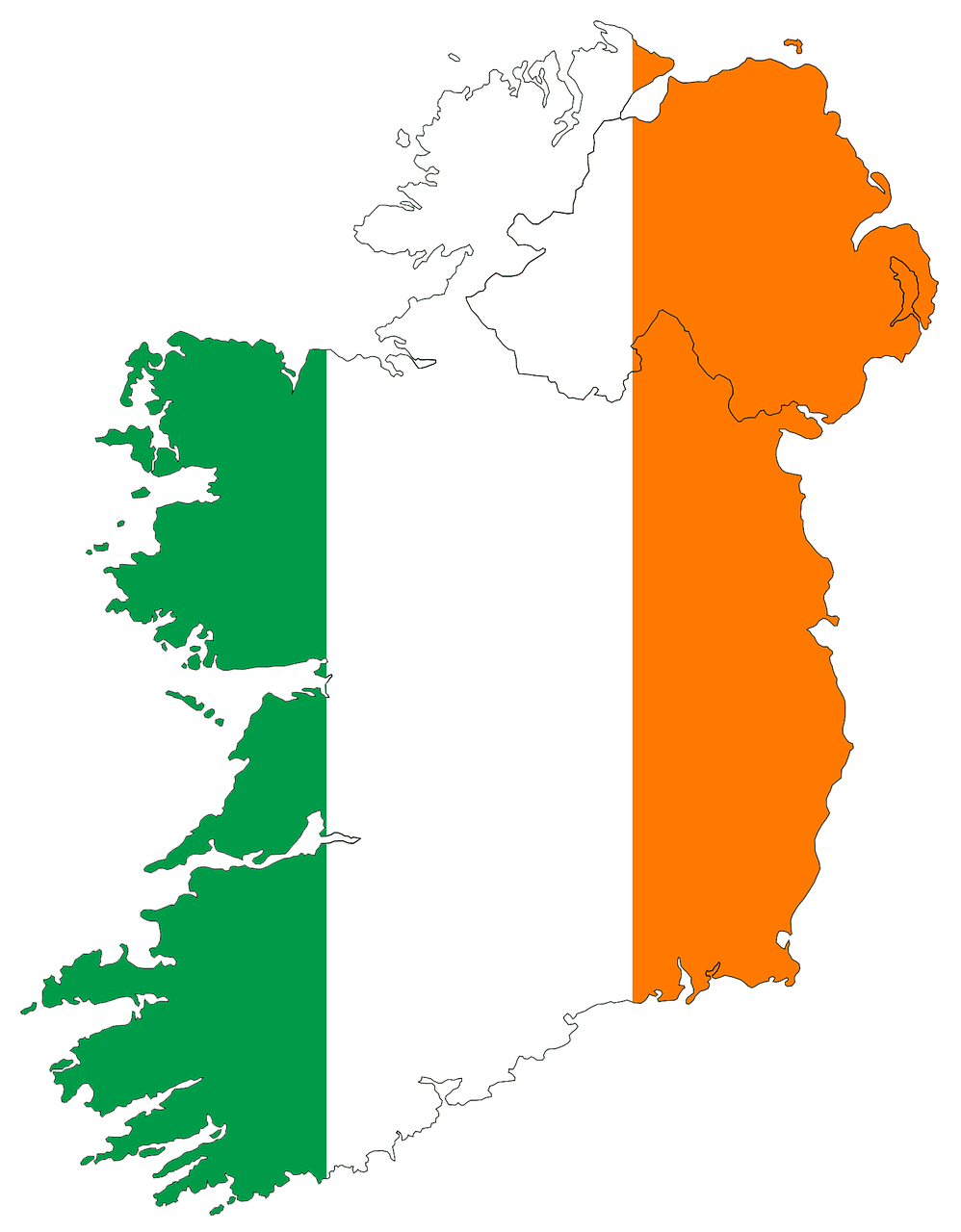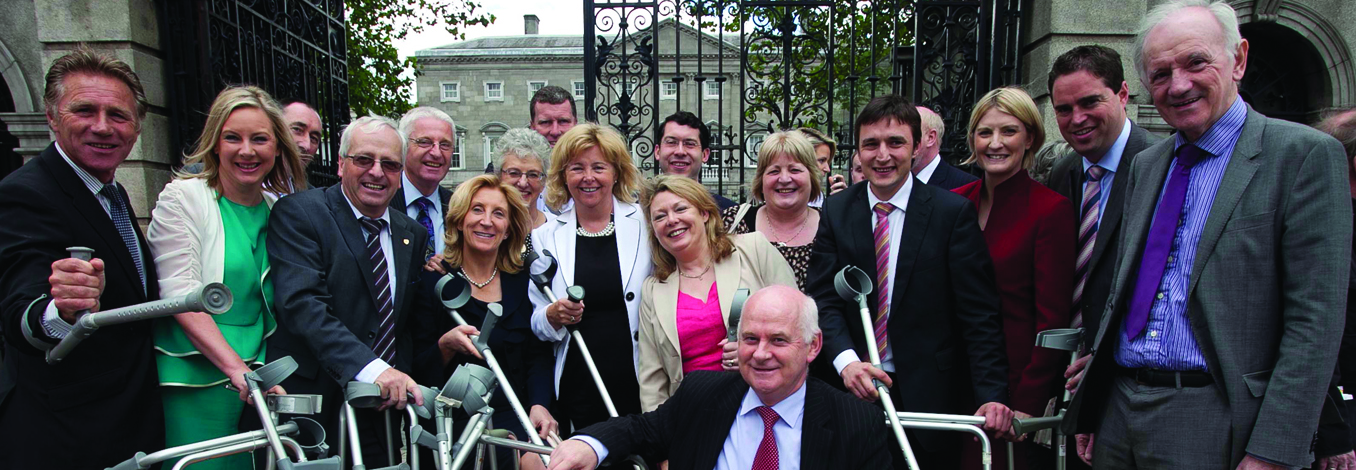 The Jack and Jill Children’s Foundation has launched its nationwide Crutch Recycling campaign to raise money to support severely disabled children with critical home nursing care. Jack and Jill wants to liberate the estimated 1 million crutches that are lying idle in Irish homes as they’re “single use only” and can’t be returned via the HSE. The charity is asking people to deposit their crutches at any of Applegreen’s service stations and their affiliated service stations around the country over the summer.
The Jack and Jill Children’s Foundation has launched its nationwide Crutch Recycling campaign to raise money to support severely disabled children with critical home nursing care. Jack and Jill wants to liberate the estimated 1 million crutches that are lying idle in Irish homes as they’re “single use only” and can’t be returned via the HSE. The charity is asking people to deposit their crutches at any of Applegreen’s service stations and their affiliated service stations around the country over the summer.
The crutches are then sold on as scrap and the aluminium is melted down into its raw form and reused. This campaign runs until September (may be extended), with the support of Applegreen and Nightline and people can get more details via www.jackandjill.ie or through the 70 Applegreen and affiliated service stations nationwide.
According to Jonathan Irwin, CEO and Founder of the Jack and Jill Children’s Foundation, “I want to thank Dr. Fergus Leahy from Tralee General Hospital for coming to us with this idea of collecting all these unwanted crutches and to thank Applegreen and Nightline for helping us to implement this campaign. We know the country is drowning in crutches, crutches that can’t be returned through the hospital system, and we’re hoping to raise €200,000 with this Crutch Harvest. With less than 20% of our funding coming from the State, we rely more than ever on the public to donate cash, mobile phones and now crutches to keep Jack & Jill going and I want to urge people to dig out those old crutches and visit their local Applegreen station as soon as they can.”
The Jack and Jill Children’s Foundation was set up in 1997 by Jonathan Irwin and his wife Senator Mary Ann O’Brien to provide home nursing care to young children in Ireland (from birth to 4 years old) who have developmental delay as a result of brain damage. They decided to set up Jack and Jill based on their own experience with their son Jack from which evolved the Jack and Jill model of home nursing and respite care that supports up to 300 families in Ireland today and has helped over 1,500 families since 1997. The service includes home visits, advice, information, funding, lobbying and bereavement support. Jack and Jill requires €2.7 million per annum to operate this service and, with less than 20% coming from the State, the foundation raises the money it needs through mobile phone recycling and public and corporate donations and fundraisers like this one www.jackandjill.ie.






